Osama bin Laden, in his final hiding place, penned a letter in which he expressed concern over internal fighting within his terrorist network and a drop in interest among Muslims whom he wanted to incite to rebellion against their authorities and the West.

On Thursday, U.S. authorities put on the web documents recovered from bin Laden's compound in Pakistan during last year's raid. The Army's nerve center for fighting terrorism. These records hint at difficult times in the past for al Qaeda and its reclusive leader, bin Laden, following years of bombings by the United States and what bin Laden regarded to be inefficiencies inside his own business and his terrorist allie


By 2010, Bin Laden had declared that he would "make a pronouncement declaring we are getting into a new section to treatment (the flaws) we did." With any luck, this will help us win back the trust of those who gave it to the jihadists in the first place.
Following is the whole report from the Center for the Study of the War on Terror.
In spite of this, data revealed bin Laden's waning power in his final years in government.
The tone of multiple letters from Bin Ladin is noted in the file, suggesting that he was attempting to influence regional Islamist organisations.
Bin Laden was obsessed with the idea of killing American policemen and attacking the American people to the very end. He had designs on shooting down planes carrying General David Petraeus and even President Barack Obama since he thought that Vice President Joe Biden would have to take over for Obama and that Biden was "utterly unprepared" for the job.
A report compiled by American analysts and released alongside bin Laden's letters, however, paints a picture of a man who is growing increasingly frustrated with the failure of terrorist offshoots to win public support for their purpose due to ineffective media campaigns and poorly planned plots that, in his estimation, killed too many innocent Muslims.
Bin Laden was asked by his advisor Adam Gadahn to distance al Qaeda from AQI's activities; as a result, the al Qaeda leader warned other terrorist groups against adopting AQI's methods.
Some of the letters condemning the Tehrik-e-Taliban Pakistan for its policy of religiously supported terrorism towards Muslims in Pakistan were written by Abu Yahya al-Libi, the group's then-second in command. Al Qaeda's leaders "threatened to take public actions," al-Libi wrote, "unless we noticed from you real and swift realistic and clear efforts towards mending (your ways) and distancing yourself from these catastrophic faults that violate Islamic Law."
Nasir al-Wuhayshi, the leader of AQAP's Yemeni branch, was reportedly urged by bin Laden to "refocus his efforts on combating the United States" instead of trying to establish an Islamic state in that nation.
Al-Shabab, a Somalian group, had sworn allegiance to Bin Laden, but it appeared that he had no plans to recognize them. The al-leader Shabab's ineptitude in patrolling the districts under their control and its harsh application of Islamic punishments like amputation for thieves were, apparently, his main concerns.
These letters show that the relationship between al Qaeda and Iran, which is of great interest to the United States government, is "not one of alliance, however of indirect and unpleasant negotiations" to free some al Qaeda terrorists and their families from Iranian prisons.
The files may still include sensitive material, but they did not provide any hard evidence of al Qaeda sympathizers within the Pakistani government. Bin Laden could not identify any "reliable Pakistani brothers" who knew about or were complicit in his concealment in Abbottabad among the political or military authorities in Pakistan.
It was previously unknown how many bin Laden documents were still being viewed and catalogued by the United States. An accompanying letter from retired Gen. John Abizaid stated that the archives likely only represent a small fraction of the items seized from the complex throughout the U.S. mission that tracked down and killed bin Laden in May 2011. This letter was released alongside the 175 Arabic pages and English translations. The documents span from September 2006 to April 2011 according to the United States.
Osama bin Laden's Assassination
According to the report, Bin Laden was pleased that his family had been spared for so long thanks to the safety measures he had taken. As the report put it, bin Laden was "exceedingly proud" of the fact that his family "adhered to such rigorous rules, barring his teens from playing outdoors without the supervision of an adult who ought to preserve their voices down."
The Special Forces involved in the bin Laden raid, so the tale goes, were instructed to scour the house for "pocket litter," or any documents, flash drives, or other printed materials that might contain information on other terrorists. After the dust settled from the Abbottabad operation, a massive data evaluation project got under way.
Examining the materials "undoubtedly contributed to additional operations," the report says.
It was long speculated that bin Laden's personal documents would show that he had lost touch with the day-to-day operations of several terrorist companies stimulated through al Qaeda, despite the fact that he had been the subject of the largest manhunt in history. According to their findings, he was "not in sync on the operational degree with its so-called affiliates." When it came to loosely related organizations or "fellow travellers," "Bin Laden loved little power over either."

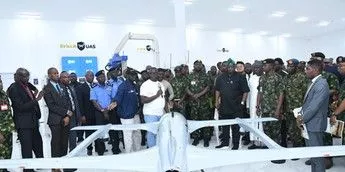

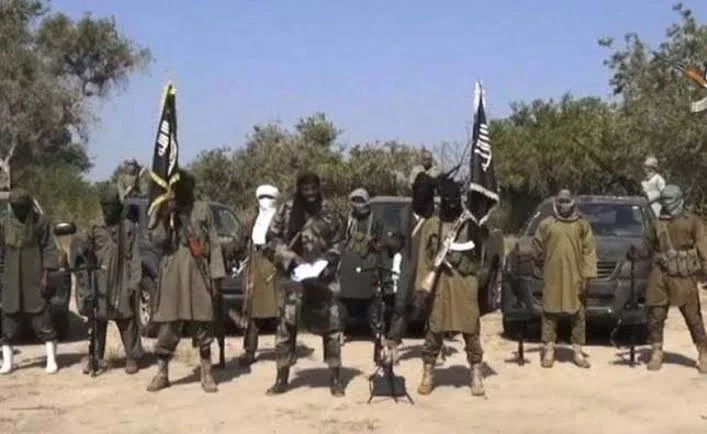
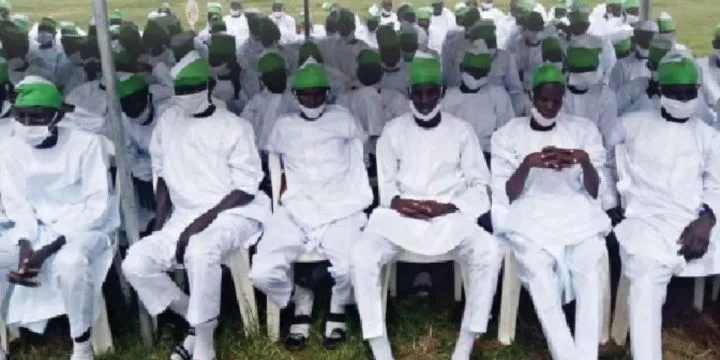

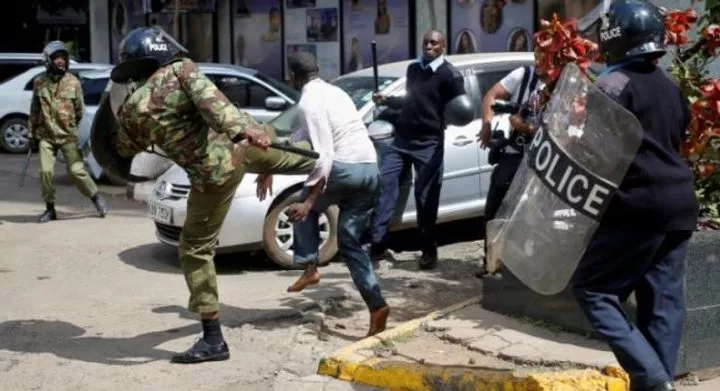


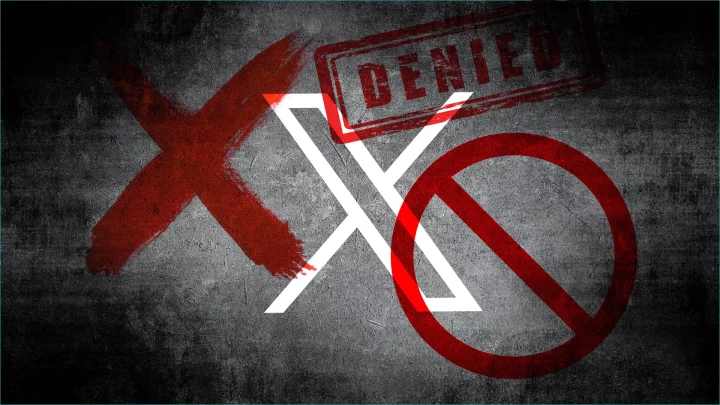







Comments